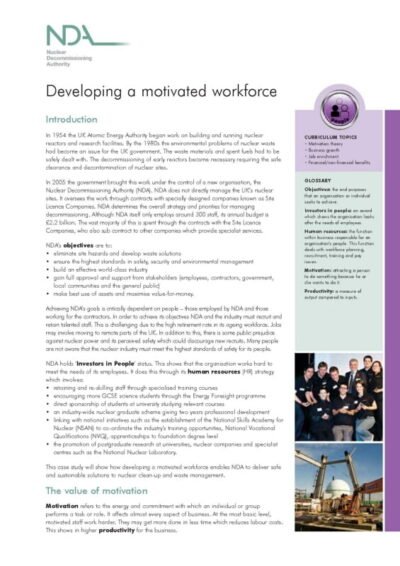
You have an idea for a new company and are excited to get it started. You have done your research and believe it will be successful. There are a few things you must accomplish, from writing a business plan to getting your licenses, in order to open your doors and serve your clients. Here are a few steps for starting your first small business.
Determine How Much It Will Cost To Start
When you consider starting your own small business, you must have a rough estimate of what it will cost to open your doors. Knowing these numbers allows you to ask for financing or makes you aware of how much money you must raise. Research the items you must have to begin operating such as shelving units, a Retail POS System, and something to hold your customer’s purchases as the shop. It should also include the products you intend to sell or the materials that will construct them. Once you have the figures together, calculate a total then determine if you are able to continue on your own or if you will need to make an appointment with the bank.
Write a Plan For Your Company
Once you have an idea of the company you want to start and an estimate of how much it costs to do so, sit down and write a business plan. This is a document that details your agenda as well as a road map to follow until you reach opening day. Detail each expense that you anticipate will occur. Set up goal dates, from purchasing or leasing the property to hiring your staff. List the items that you want to carry and your anticipated markup for them. This is also a great space to explain any ideas you have about marketing and internet revenue. When it is completed, print out a few copies. You must turn one of them into the bank if you apply for a loan so they are also aware of what you will be doing.
Finance Your Company
Starting a company can be an expensive endeavour and often that your personal budget can handle. To finance your project, make an appointment with your bank to apply for a loan. There are multiple options on the market that could apply to your situation. You may want to do some research before your meeting to see what is available to you. Be sure to take a copy of your financial records as well as the business plan that you created. The representative that you work with will want this to evaluate your eligibility. They will pull a credit report on you to determine if you qualify for lending or if you will have to consider another option. Once you submit your paperwork, it can take several weeks to get an answer on your approval. Plan your construction and opening date accordingly.
Apply For Licenses and Permits
To operate a business, you must apply for a sales tax certificate. This should be done weeks before you open to ensure that the paperwork arrives in time. If your facility must undergo renovations to suit your need, you are required to have a building permit. Your contractor can advise you of what you require and may possibly ask for them on your behalf. Look into what permits you must have for your specific industry and get them ordered well before you start serving customers. This will also include any transactions that you do online. You should add these fees to your budget when you consider financing.
Select Organizations To Partner With
Whether you stock prepared items on your shelves or intend to manufacture them on your own, you will have to build a relationship with vendors before you open your doors. This also includes services that clean your facility or do maintenance work. Investigate options of what you need and reach out to them for a bid. Select three or more to do this with. You may also want to schedule a time to meet with a representative so you can inspect their offerings. Once you receive the estimates, compare them against each other and decide which is the best one. Negotiate terms with them such as when your invoices are due and what a minimum run will be. Starting a new company can be an exciting challenge. There are many steps to complete before opening day, from getting a loan to selecting vendors to work with. Creating a comprehensive business plan and following it can help you succeed and begin your organization on time.
 Developing a motivated workforce (PDF)
Developing a motivated workforce (PDF) 